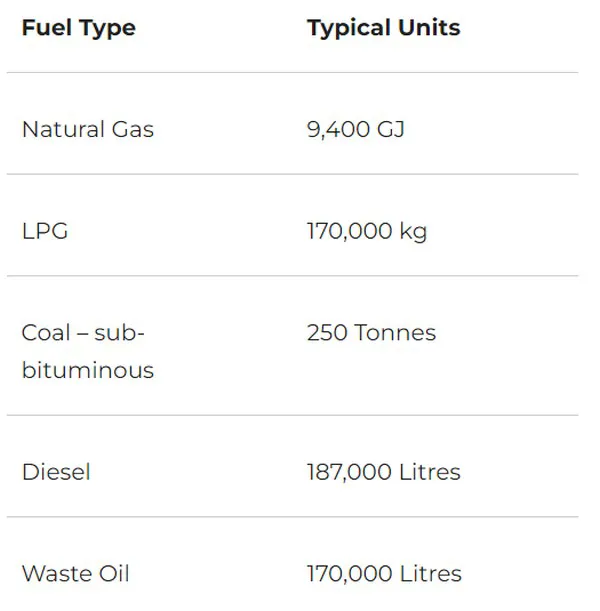Changes to the national direction for greenhouse gas emissions (GHG) from industrial process heat have been introduced. These changes will affect covered crop growers with heating systems that emit more than 500T of CO2 per year.
Summary
Regional councils must now consider the effects of GHG emissions when assessing resource consent applications for the use of boiler systems that burn fossil fuels. Fossil fuels include coal, waste oil, diesel, LPG, and natural gas.
The new guideline for consenting has three key points:
1. New coal boilers are banned, and existing coal boilers will be phased out by 2037. This will affect all covered crop growers who use coal as a heating source.
2. Any fossil fuel boilers that emit more than 500T CO2 per year will now require consent. You can find out if you emit more than 500T CO2 per year by using the table below (this table should be used as a general guide, as depending on where you get your fuel, these quantities may vary).

3. The third and most significant change is that consent applications will now need to include an emissions reduction plan. An emissions reduction plan is a report that discusses how your business will reduce its emissions. The plan must set actionable targets. These targets will need to be achieved as part of the new consent.
When does this come into effect?
For new boilers that are being installed, the changes are effective immediately (excluding coal, as new coal boilers are now banned)
For existing boilers, it depends on whether the boiler is currently consented under the old system:
- Boilers currently consented will need to address the new changes once their current consent expires
- Boilers currently unconsented will see the changes come into place on January 26, 2025.
Source: freshvegetables.co.nz
